Iranian workers
-
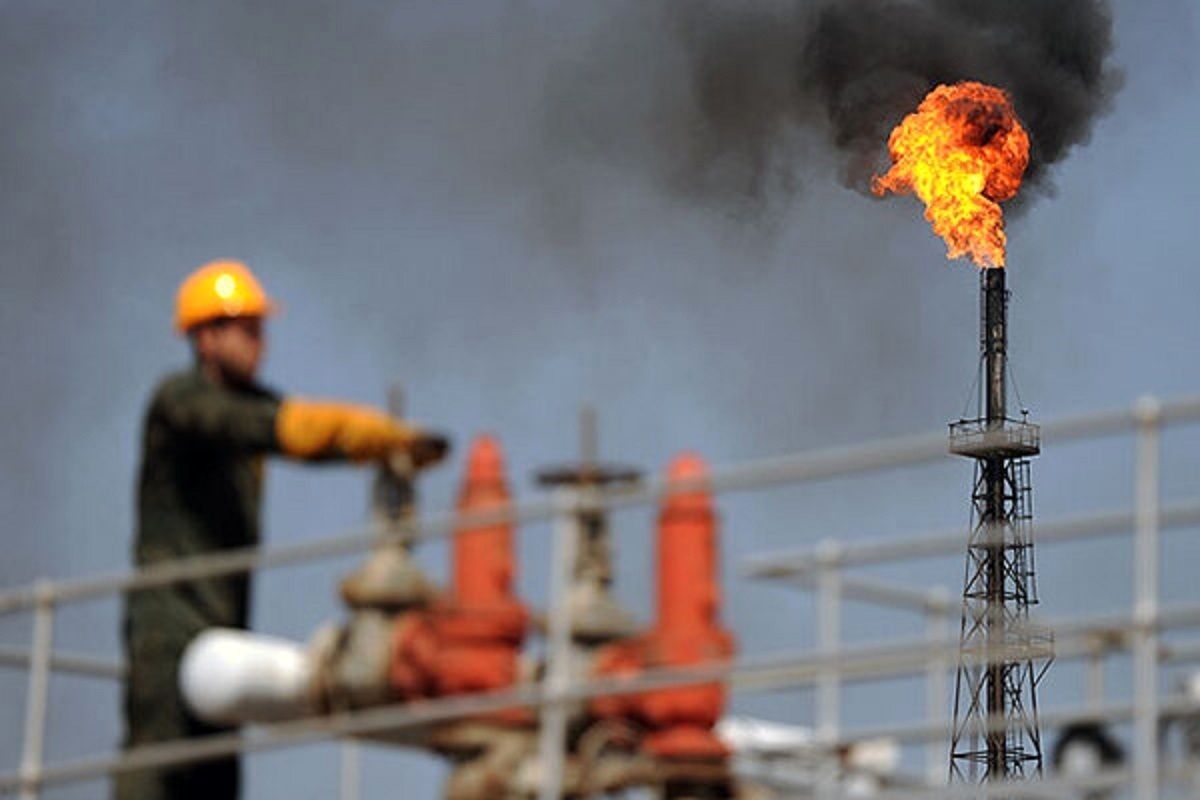
Strikes and Struggles: The Plight of Iran’s Oil Workers
•
The new wave of strikes, called the “14-14” campaign, began on June 19. Contract workers in various oil and gas companies went on strike demanding higher wages and a 14-day work, 14-day rest schedule. Earlier, these workers had warned that if their demands were not met by the end of…
-

Iran: Minimum Wage and State Manipulated Food Baskets
•
The state in favor employers manipulate the basket food to suppress wages. The Ministry of Health has reduced nutritional needs in the food basket, sparking worker protests. Amid inflation and unemployment threats, the true cost of living is ignored, leaving workers underpaid and increasing hunger, while employers oppose wage hikes…
-
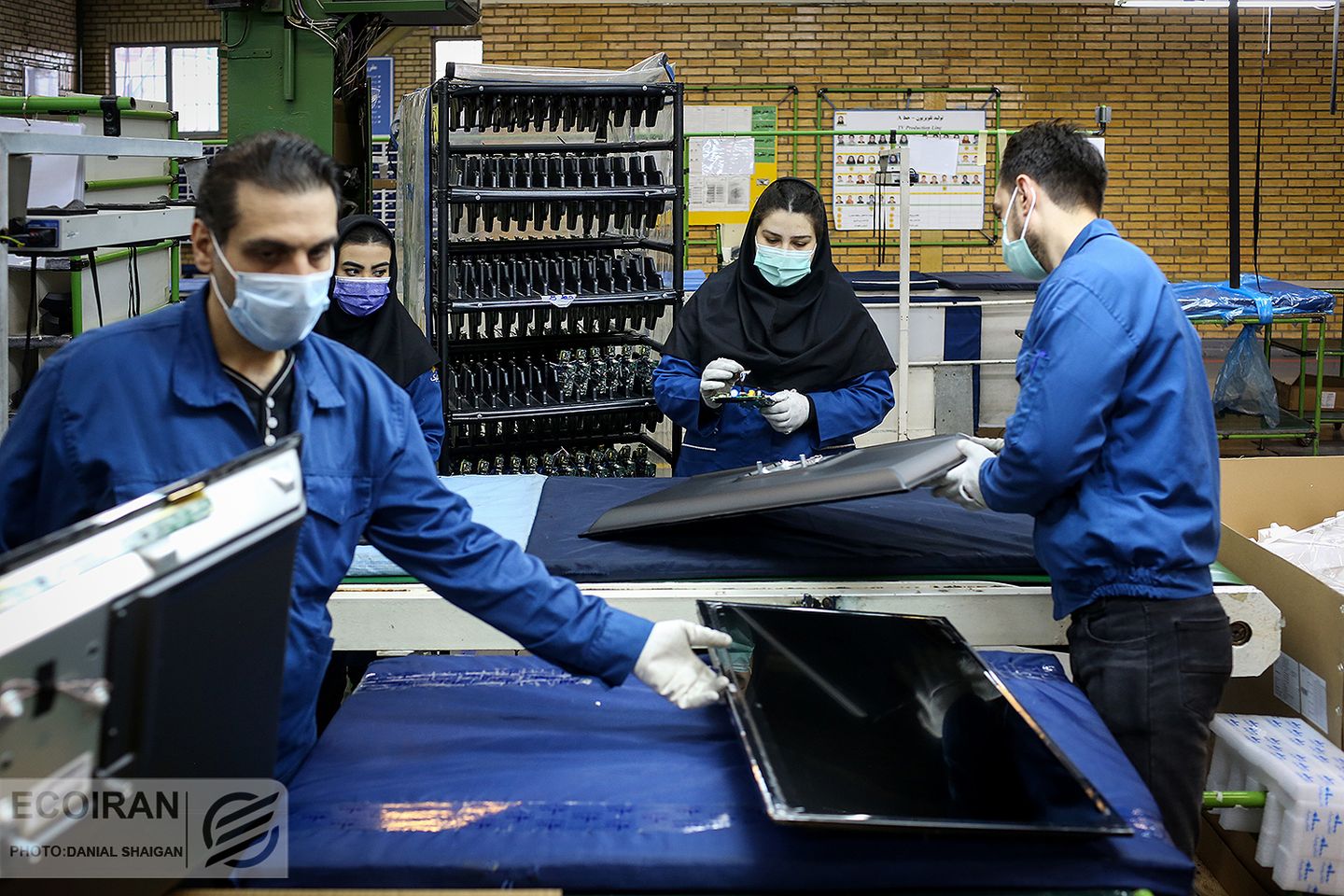
Iran: The Colonial Legacy of Women’s Exploitation
•
Iran’s Deputy Minister of Industry announced the closure of 6,900 industrial units, exacerbating unemployment and poverty, with women hit hardest. Official data shows women’s employment decreasing, with informal jobs, accounting for 70% of employment, leaving them vulnerable to exploitation and without legal or social protections. The patriarchal and misogynistic culture…
-
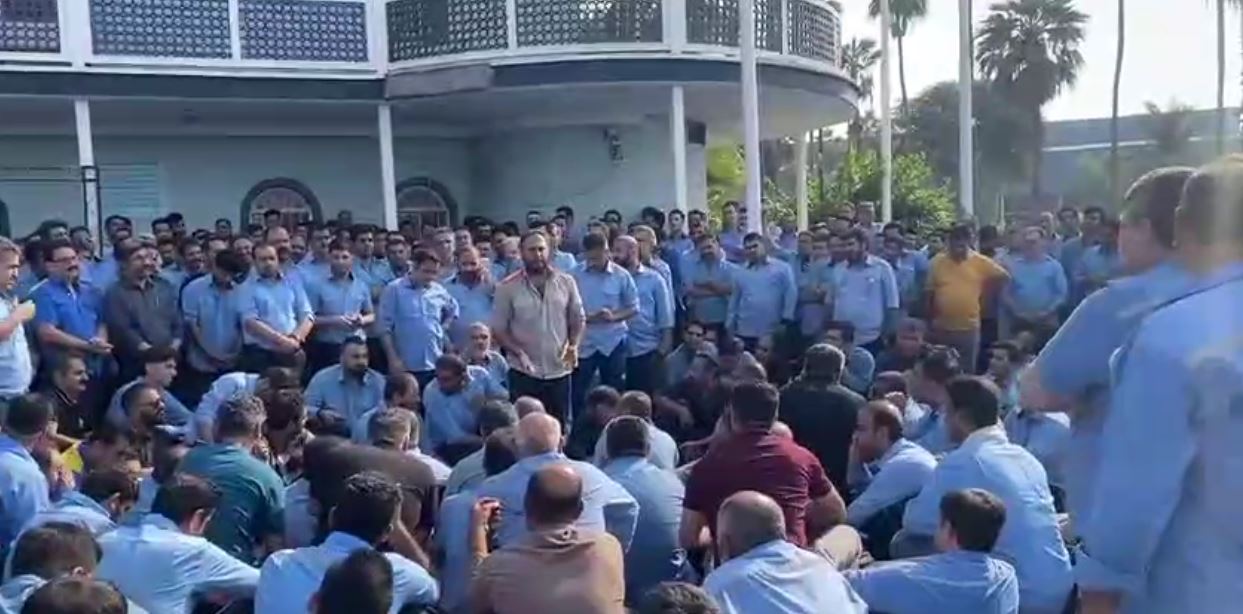
Iran: Ahvaz Steel Workers Against Privatization
•
Recently, steel workers in Ahvaz, Iran, intensified their protests over fair compensation, job classification, and job security, clashing with National Steel Factory management. The conflict arose after a corrupt privatization scheme, inequitable salary practices, and management’s refusal to uphold agreements. Workers have initiated strikes following failed negotiations and are challenging…
-
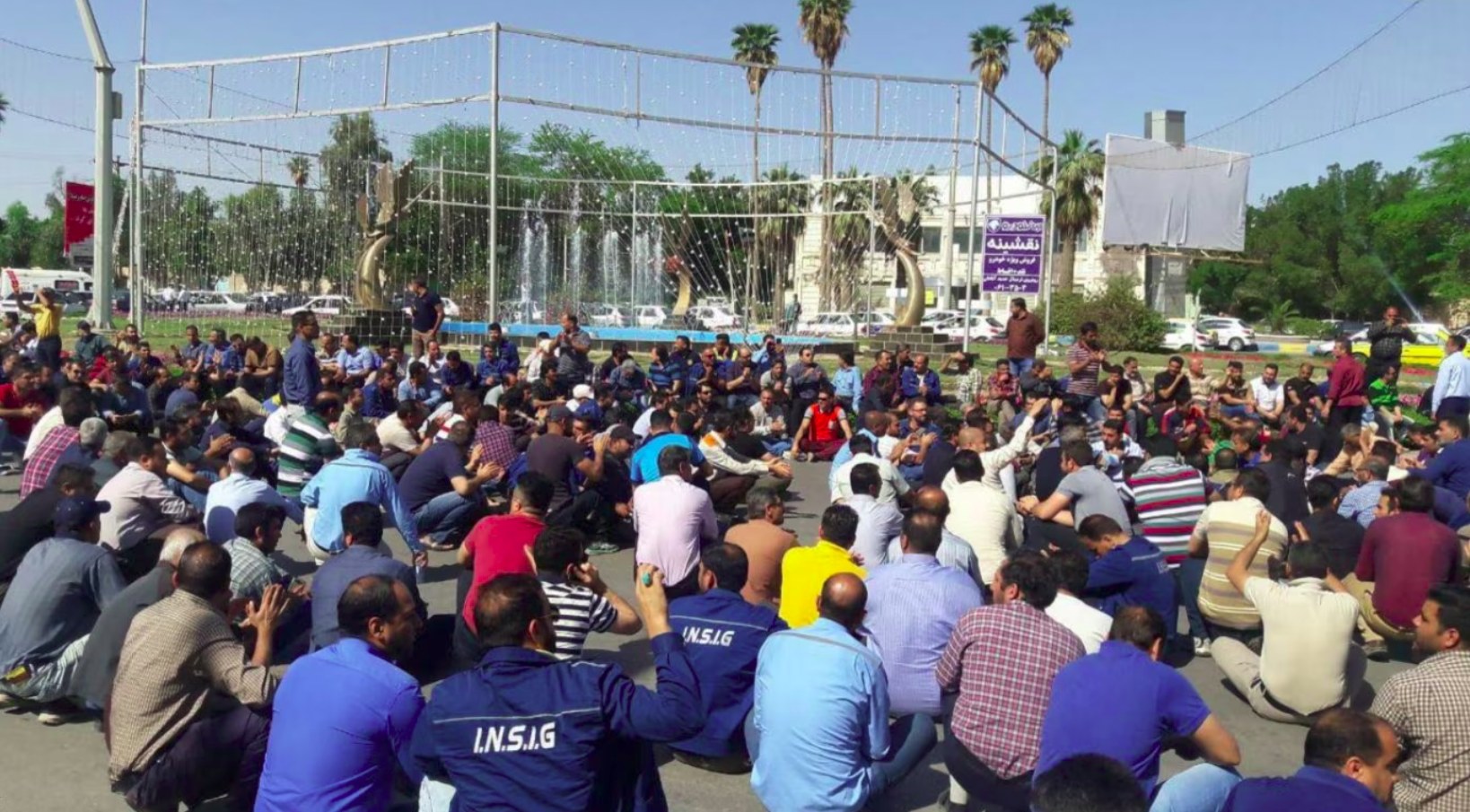
Standing Tall:
Iranian Labor Movement and Solidarity•
Maziar Seyednejad, a jailed labor activist, reflects on the challenges faced by the National Steel Group and Haft Tappeh Sugarcane workers’ protests. Despite significant societal turmoil, he questions the lack of a strong connection between various protest movements. Maziar, serving a two-year sentence, highlights the need to assess the positive…
-
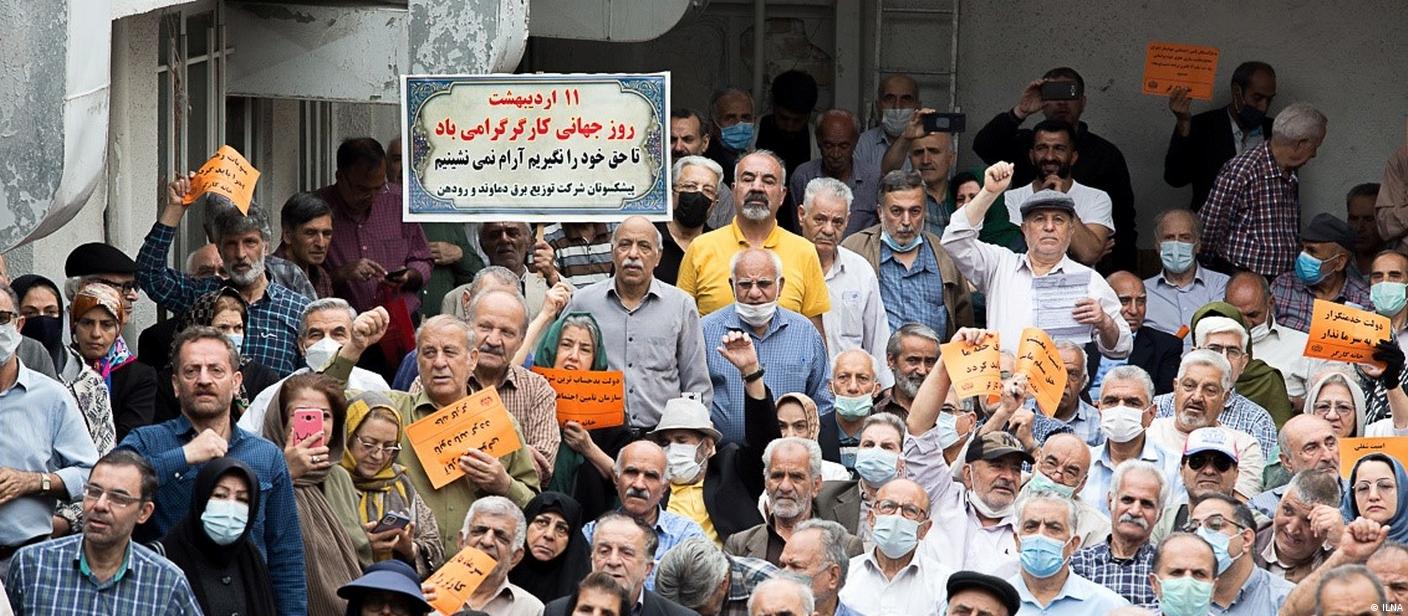
Iran’s new Labor Legislation: not Exploitation but Slavery
•
Alarming reports have emerged, revealing troubling provisions within Article 15 of the bill, whereby employers are granted the authority to remunerate newly employed individuals with wages amounting to a mere fifty percent of the minimum wage sanctioned by the Supreme Labor Council during the initial three years of employment.
-
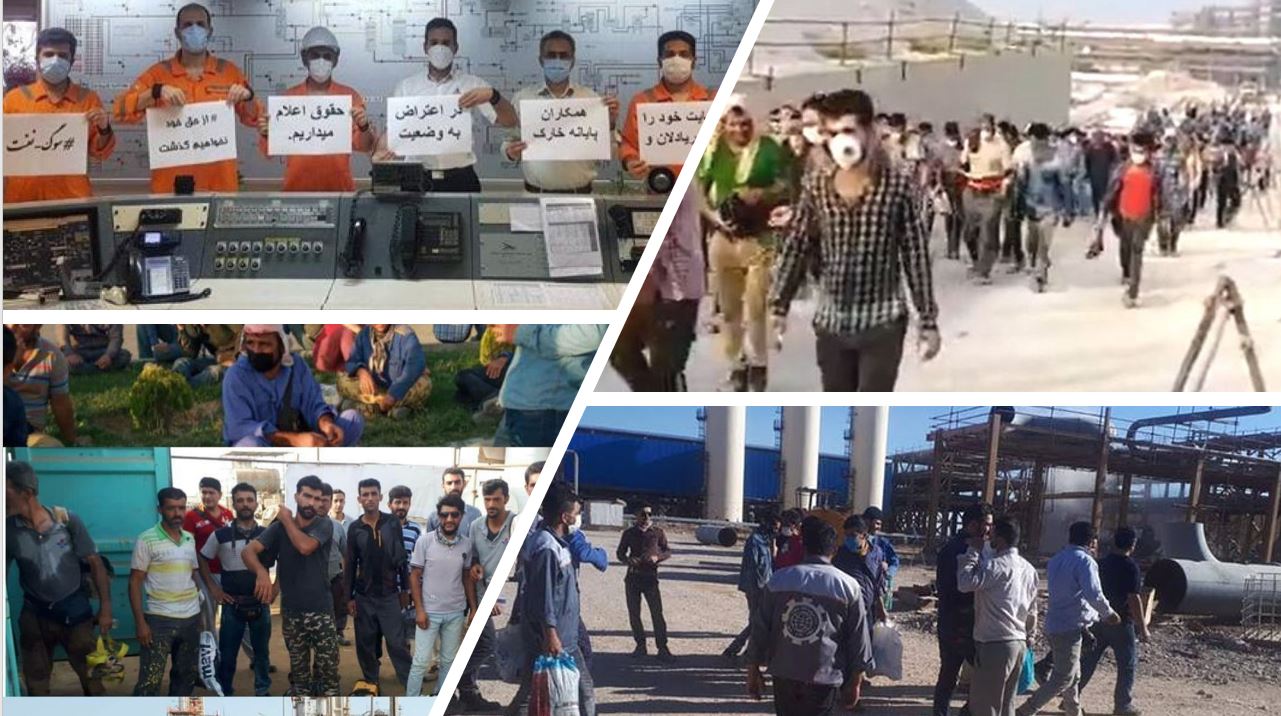
Strike Under Repression: Iranian Oil Industry Project Workers’ Challenges
•
Project workers in the oil, gas, and petrochemical industry face a unique set of challenges when it comes to organizing and mobilizing for better working conditions. These temporary contract workers, often lack the stability and support of permanent employees, making them vulnerable to financial and political pressure. Workers experience different…
-

The Workers’ Revolt: Labor’s Role in Iran’s Nationwide Uprisings
•
Why, after more than two months of protests, have nationwide strikes not yet occurred in Iran, and how do the demands of the current uprising for “women, life, freedom” align with those of the working class? To address these questions, we spoke with Parvin Mohammadi, the vice-chairman of the Independent…
-
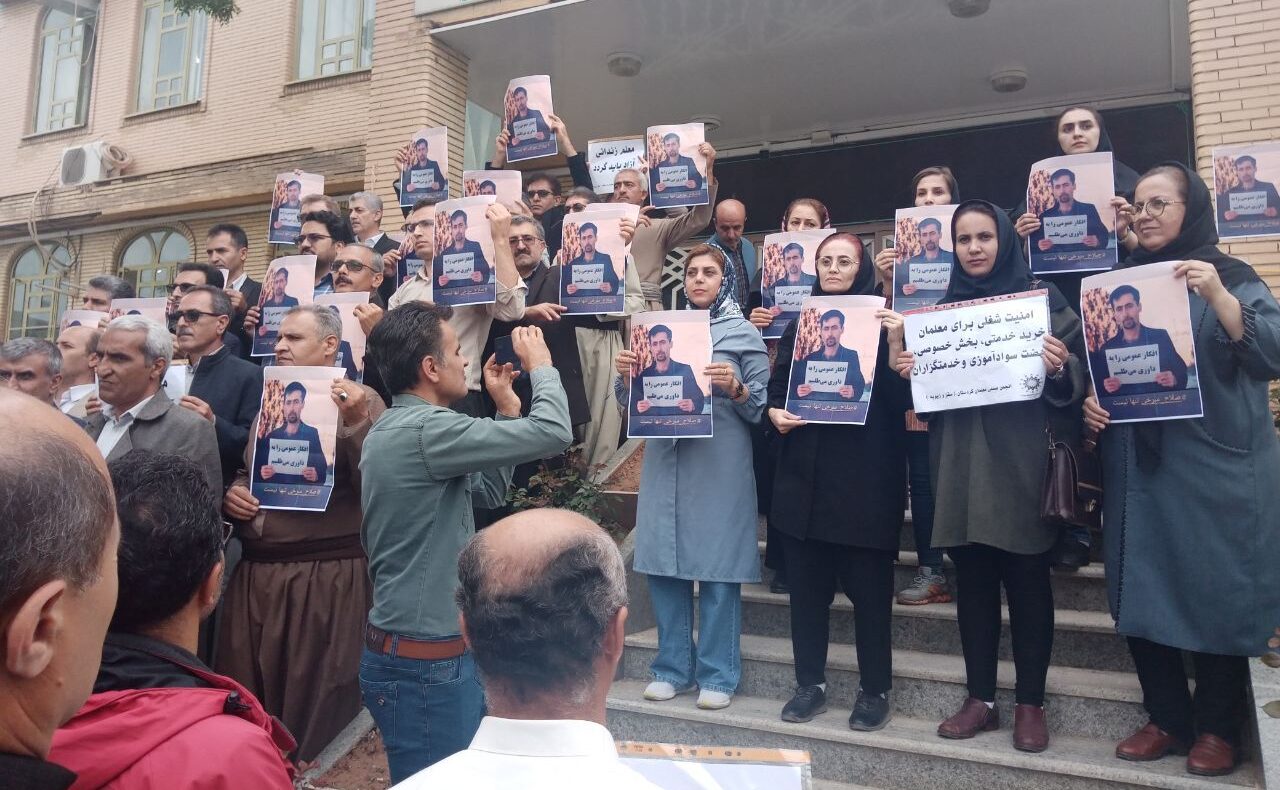
Arrests, threats, and police violence inflicted on Iranian teachers on 1 May
•
Teachers’ and workers’ organizations in Iran planned large demonstrations for May. The security police crushed the demonstrations with all their might. On the night of May 1, many teachers were under house arrest in their homes, and dozens were arrested.




